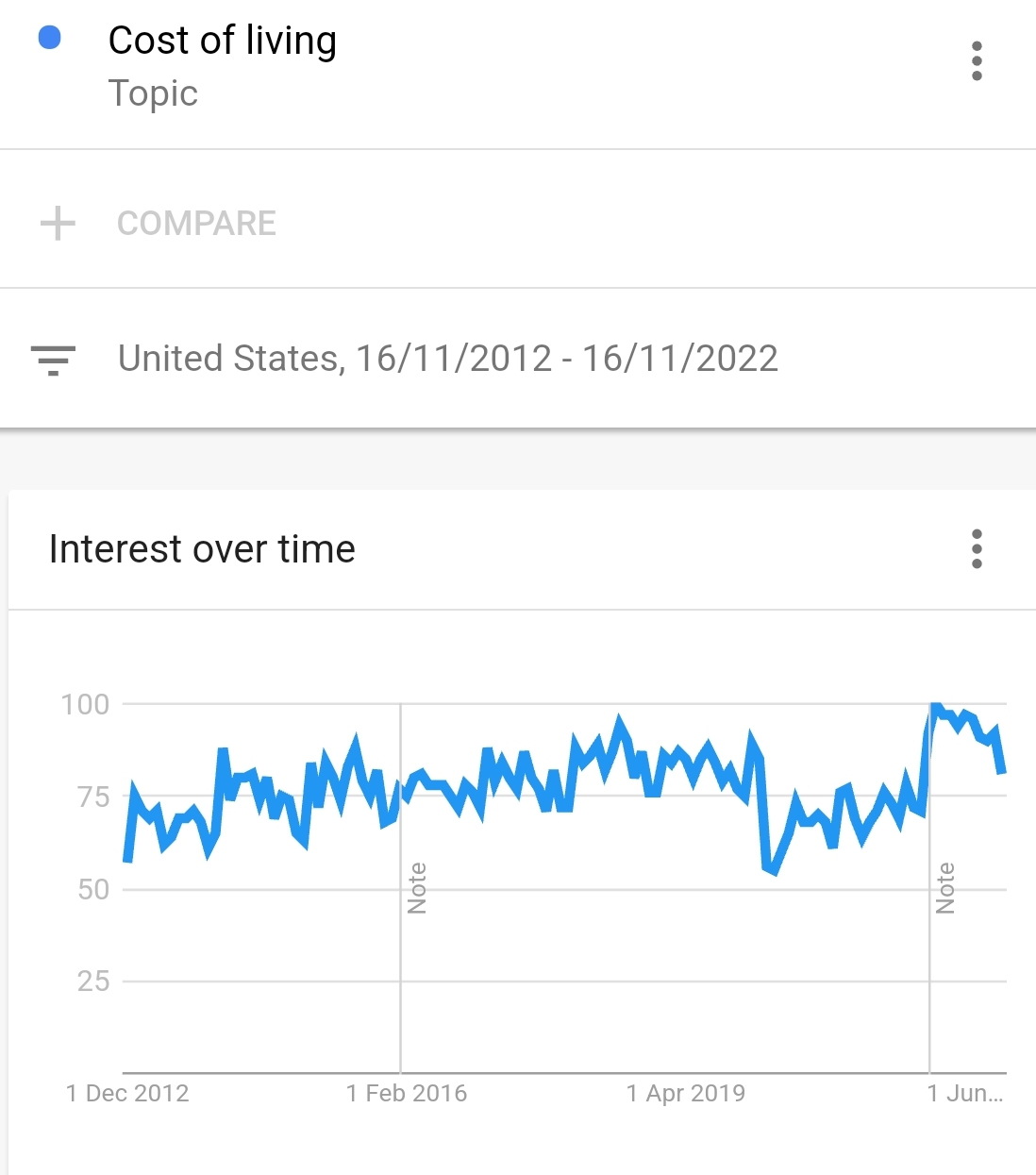Good Afternoon, and welcome to the final Digital Roundup of the year!
I’ve gathered the best stories from the past couple of weeks for a mega roundup before we finish for Christmas.
Google rolled out a new helpful content update, Meta has stated they may consider removing news articles from their platforms, and Instagram has created a year-in-review Reels template.
Let’s learn some more about each story to round out the new year.
Google Roll Out December 2022 Helpful Content Update
Google began to roll out a new Helpful Content update on the 5th of December 2022, with the intent of expanding upon the original Helpful Content update back in August.
The company announced the update via Twitter and stated:
“The Dec. 2022 helpful content update was released Dec. 5, starting to become more visible today & will take about two weeks to fully roll out. It improves our classifier & works across content globally in all languages. Our help page explains more.”
The Helpful Content system rewards web pages which have been created to help users, over pages designed for search engines. Web pages are rewarded through positive ranking as long as they offer a unique value.
This update has expanded the Helpful Content System to all languages, but not too many specific details have been provided.
If your site was negatively affected by the last update, as long as you’ve tried to rectify that, then your rankings may improve as a result of this one.
On the other hand, if your site wasn’t affected by the last update, there’s always a chance that this could change with this December update.
The first Helpful Content update in August was called too “quiet” by marketers. Did Google change this in the December update? Only time will tell.
We’ll see within two weeks how the update has changed Google, for better or worse.
New Instagram Year-In-Review Templates
Instagram has released four new Reels templates to help users and pages celebrate their year on Instagram.
The templates are narrated and can act as a recap or celebration of your business or page. They’re more interesting than the traditional top 9 photos or videos that Instagram used to compile.
These new templates show that Instagram is prioritising short-form videos rather than traditional photo posts.
Here’s how to create your 2022 highlight reel.
How to create your 2022 highlight reel
Creating your 2022 Highlight Reel is easy, you can select from 3 to 14 photos and or videos to show off. Once selected, Instagram will do the hard part for you and create the Reel.
You can select from various celebrity voiceovers for the video, including Bad Bunny, DJ Khaled, Badshah, and Priah Ferguson.
Your selected voiceover uses phrases or statements that can apply to any piece of content.
You’ll select the timestamps to insert your page’s content into, to ensure it lines up with the voiceover.
If you’re unfamiliar with creating a Reel or using a template, you’ll need to do the following:
Select Reels which is the middle button in the bottom navigation bar.
Tap the camera in the top right corner.
Choose the templates option from the bottom of the screen.
Choose your Reel recap template from the available options.
Select your desired photos or videos.
Tap Next to preview the Reel.
If you’re happy, post it!
That’s it, easy as counting to three!
Meta May Consider Removing News Articles From Its Platforms
Meta’s policy communications director Andy Stone has stated that Meta may remove articles from its platforms in response to a new US Bill being proposed.
The JCPA (Journalism Competition and Preservation Act) allows U.S. publishers and news outlets to negotiate with social media sites. Publishers or news sites could negotiate for revenue-sharing deals instead of being on a site like Facebook for free.
JCPA benefits US-based news outlets because it applies to both local and national publishers.
Under the system already in place, a news outlet can already negotiate, but it’s only one-on-one deals rather than a group. The current system doesn’t allow for much leverage.
However, the JCPA allows news outlets to make a deal as a group, providing much-needed leverage against social media giants like Meta.
But Meta is not interested in the negotiations if the bill passes, as it believes that exposure and traffic are enough.
Andy Stone stated the following on Twitter:
“If Congress passes an ill-considered journalism bill as part of national security legislation, we will be forced to consider removing news from our platform altogether rather than submit to government-mandated negotiations that unfairly disregard any value we provide to news outlets through increased traffic and subscriptions.”
Stone continued
“The Journalism Competition and Preservation Act fails to recognize the key fact: publishers and broadcasters put their content on our platform themselves because it benefits their bottom line – not the other way around.”
Stone concluded his argument by saying
“No company should be forced to pay for content users don’t want to see and that’s not a meaningful source of revenue. Put simply: the government creating a cartel-like entity which requires one private company to subsidize other private entities is a terrible precedent for all American businesses.”
What this means for Meta
If the JCPA bill passes and Meta followed through with its threat, it could severely impact US-based publishers. But on the other hand, Meta hasn’t focused on the news that much recently.
Facebook used to equally share posts from friends and family as well as from pages, but that changed in 2016. In 2016, a change was made to prioritise family or friends’ posts.
There were talks of a Facebook News section, where news from publishers would be stored. But that idea was put on the back burner for the company.
You can stay tuned with us to find out what Meta decides to do in the future.
Google Help Out Searches In Cost Of Living Crisis
Google has announced that they’re helping searchers find valuable information in this cost-of-living crisis a lot of the world is going through.
Statistics released by the company show that searches for “Cost of living” are at an all-time high.
“It can be complicated to understand the benefits that may be available for you.
That’s why we have updated our search experience to make it easier to find everything you need to know about programs like Medicare, Medicaid and Children’s Health Insurance Program (CHIP).”

Here’s an overview of how Google is helping searchers.
Finding information about benefits
Google will display more relevant resources for search queries such as:
- How to apply for universal credit
- What are disabled benefits
- How to get financial aid
Google will show detailed information or link to the most relevant page it can find. Here’s how it looks for “How to apply for universal credit”
Food assistance
As food bank usage is high and the terms “food banks and pantries” are up 20% year on year for search, Google is helping users when it comes to them.
Google will show you the nearest foodbank to you, and link you to their website as well as it’s location on Maps.
Here’s an example:
As always, thanks for reading this week’s roundup, and have a great holiday break!






